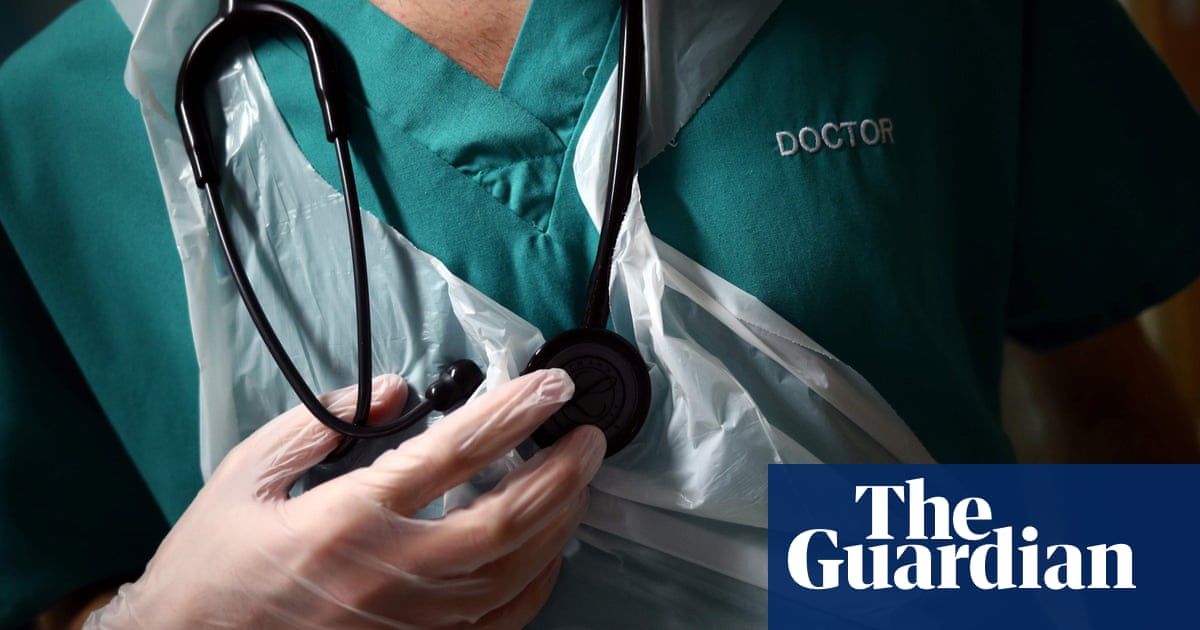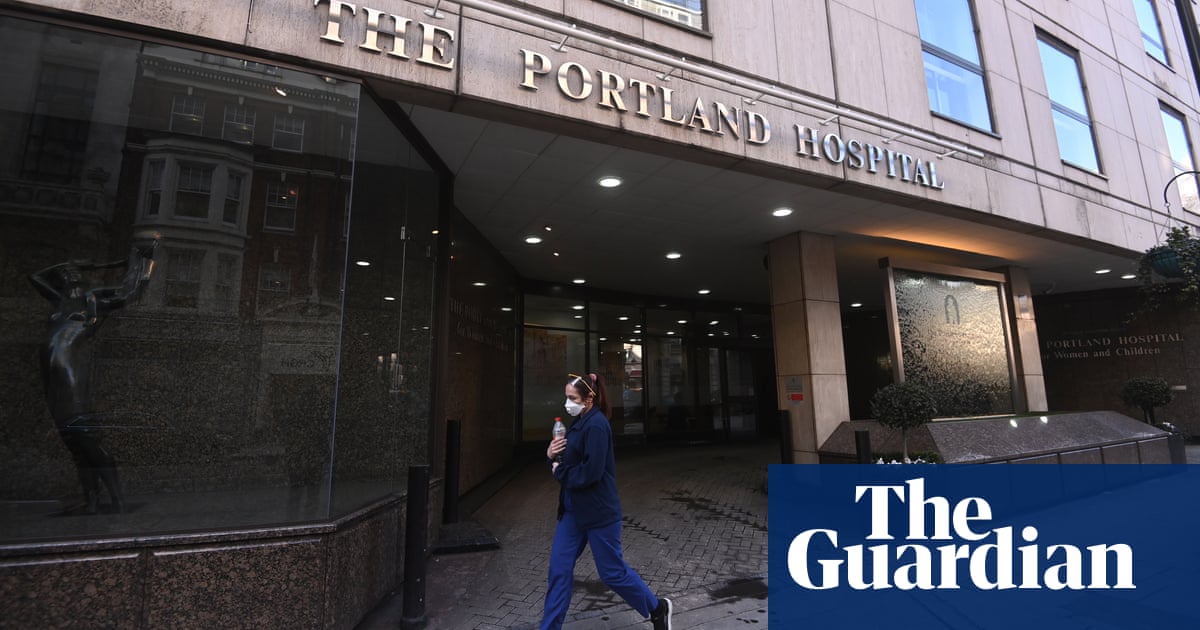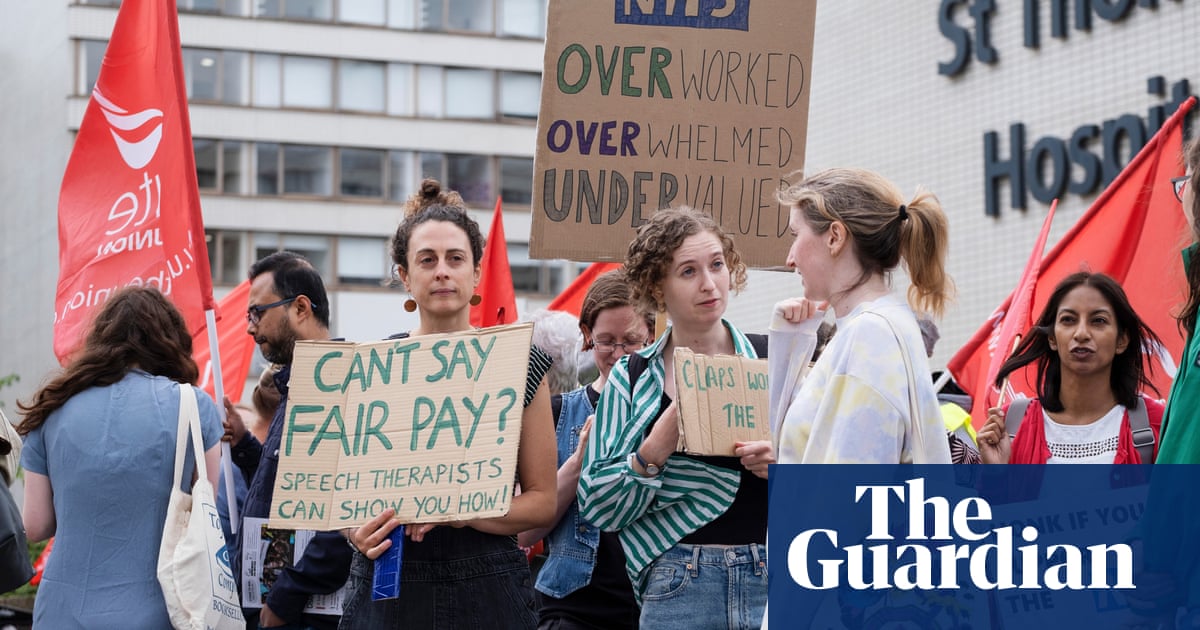
The NHS is having to provide emergency care to rising numbers of patients suffering serious complications following weight loss surgery and hair transplants abroad amid a “boom” in medical tourism, doctors have warned.
Medics said they were being left to “pick up the pieces” as more Britons seeking cheap operations overseas return with infections and other issues. In some cases, patients are dying as a result of botched surgeries performed in other countries.
Hospitals have even had to cancel elective procedures for patients because beds were being taken up by someone who needed an overseas procedure fixed.
There were also concerns over patients buying weight loss drugs, including Wegovy, abroad without receiving the necessary “wraparound” care, doctors said.
It follows a warning from the NHS’s top doctor earlier this month that people who do not need the drugs should not use them to shed unwanted weight and get “beach body ready” for the summer.
The British Medical Association’s annual meeting in Belfast heard there had been a “boom” in surgical tourism, which was “leading to a rise in serious post-surgery complications and deaths”.
David Strain, chair of the BMA’s board of science, said more Britons were travelling abroad for procedures, but not all were getting the care they would expect in the UK.
Foreign Office travel advice says the standard of medical facilities and treatments can “vary widely globally” and highlights how six British nationals died in Turkey in 2023 after medical procedures.
Delegates passed a motion expressing concern about patients who need emergency surgery on their return to the UK. They also called for more weight management services, to be partially funded by a rise in the sugar tax.
Dr Samuel Parker said: “(There are) reports of shortcuts, inappropriate use of disposable instruments and patients suffering serious complications necessitating emergency NHS treatment.”
Speaking to reporters, Strain said: “Surgical tourism has been a problem for some time, people disappear off to notably South Africa and Turkey, but there’s many other places to disappear too.
“And complications can arise late from any procedure, not just obesity surgery, even just something as simple as hair implants that people travel for. You can get infections and the problem is people come back and they are asking the NHS to pick up the pieces for procedures that were done with less standards that we would normally apply in the UK.
“Health tourism is on the rise as people are slightly more affluent, international travel is easier than it was, organising these things are easier thanks to the internet.”
Strain warned that the increase in surgeries abroad had been spurred on by a “social media nation” where people felt the need to present themselves in a certain way.
“What we can never guarantee is the surgical standards in different countries, and even the equipment that may be used, and that’s where the risk comes,” he said.
“Anything that puts extra burden – if (a person) fills a hospital bed, for example, with an infection, there are only so many beds, and a hospital bed full of somebody who’s gone for a procedure (abroad) that needs to be fixed means that an elective procedure is likely to get cancelled.
“In an already overburdened health service then, health tourism can cause significant issues.”
Asked about weight-loss drugs, Strain said people were ending up with a gaunt “Wegovy face”, because they had not had the “wraparound” advice on diet and exercise alongside the medicines.












